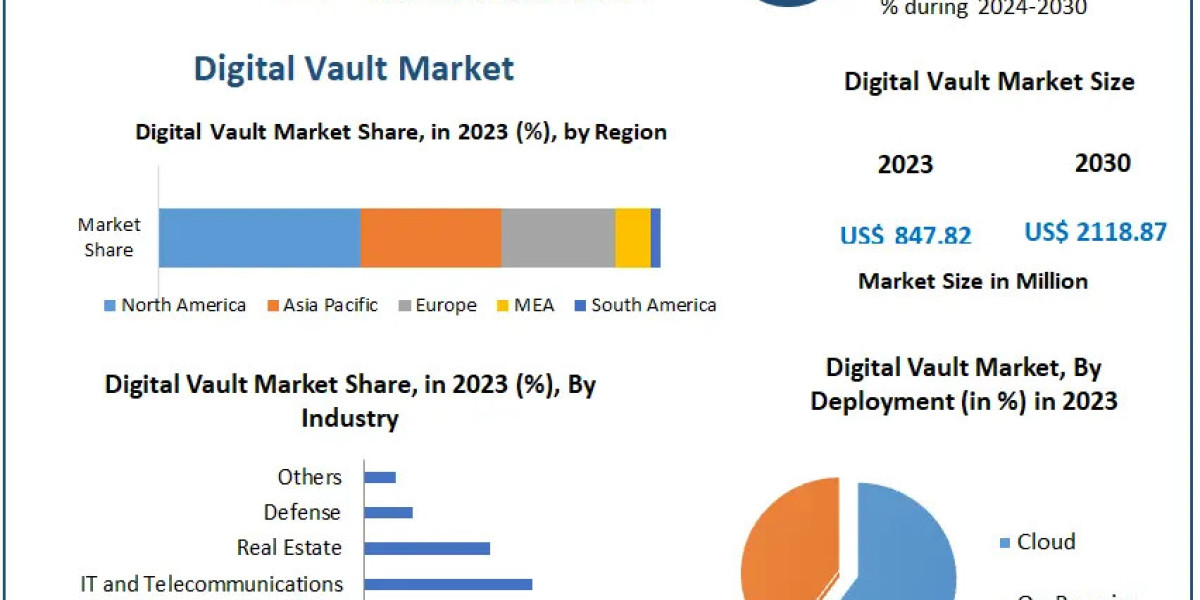The Trading Revolution
Since Bitcoin's birth in 2009, cryptocurrency trading has transformed from simple forum-based exchanges into a sophisticated global marketplace. Today, hybrid exchanges and peer-to-peer (P2P) platforms are reshaping how we buy and sell digital currencies, offering innovative solutions to age-old trading challenges.
Understanding Traditional Markets
The cryptocurrency world initially relied on two main types of exchanges. Centralized exchanges like Binance and Coinbase work as middlemen, holding your funds and matching trades. While they're fast and easy to use, they carry risks of hacking and reduced user control. Decentralized exchanges like Uniswap use smart contracts for direct trading, offering more privacy but often struggling with speed and complexity.
The Hybrid Revolution
Hybrid exchanges combine the best of both worlds. Imagine a platform with the speed of Binance but the security of keeping your own crypto keys. These exchanges maintain fast trading through centralized order books while letting users control their funds through decentralized systems.
Benefits of Going Hybrid
These new platforms solve many traditional exchange problems. Users keep control of their money, reducing hacking risks. Trades happen quickly thanks to centralized matching. Advanced features like margin trading become available while maintaining security. Furthermore, these exchanges can follow regulations more easily, making them attractive to serious investors.
The P2P Trading Movement
Peer-to-peer exchanges take a different approach, connecting traders directly. Think of them as the Craigslist of crypto, where platforms like Paxful and LocalBitcoins help users trade directly with each other. The exchange acts as a safety net, holding funds until both parties complete their part of the deal.
P2P Trading Advantages
These platforms make crypto accessible to everyone. Users can trade using various payment methods, from bank transfers to PayPal. Trading happens locally, using your preferred currency. With fewer middlemen involved, fees stay lower, and privacy remains stronger.
Facing Modern Challenges
Despite their benefits, these new exchanges face several hurdles. Many people find the systems complex and need education to use them effectively. Finding enough traders can be difficult, especially on newer platforms. Hybrid exchanges must balance speed with security, while P2P platforms must guard against fraud.
Growing Popularity
Several factors drive the success of these new exchanges. Crypto enthusiasts value the control over their funds. As governments crack down on traditional exchanges, traders seek alternatives. In countries with limited banking access, P2P platforms become essential for buying and selling crypto.
Technology Drives Progress
Recent innovations make these exchanges more practical. Layer-2 solutions speed up transactions, while cross-chain protocols enable trading between different blockchains. These improvements make hybrid and P2P exchanges more user-friendly and efficient.
Looking Forward
The future looks bright for these innovative platforms. As interfaces improve and more people understand crypto, these exchanges will likely grow. Big investors show interest in hybrids that follow regulations while maintaining security. Meanwhile, P2P platforms continue connecting people in emerging markets to the global crypto economy.
Impact on Global Finance
These new trading platforms are changing how people worldwide access financial services. In countries where traditional banking is limited or unreliable, P2P and hybrid exchanges offer a gateway to the global economy. For example, people in regions with unstable currencies can now protect their savings by easily trading into cryptocurrencies.
Empowering Individual Traders
Perhaps the most significant impact is the empowerment of individual traders. Unlike traditional financial systems that often exclude small investors, these platforms welcome everyone. A student in Africa can now trade directly with someone in Asia, bypassing banks and expensive intermediaries. This democratization of finance represents a fundamental shift in how people access and use money in the digital age.















